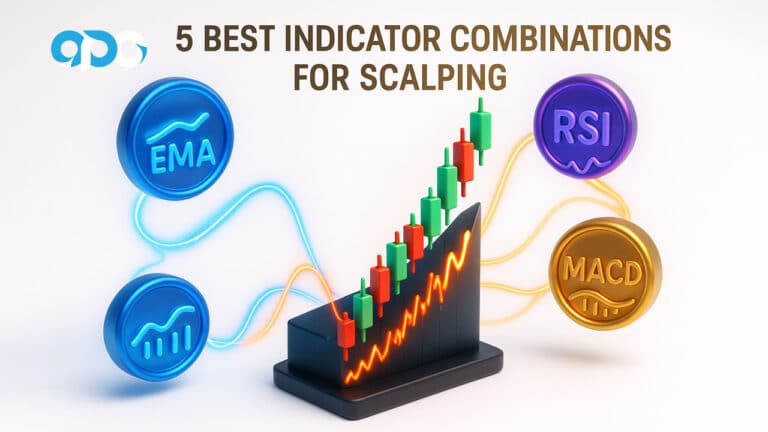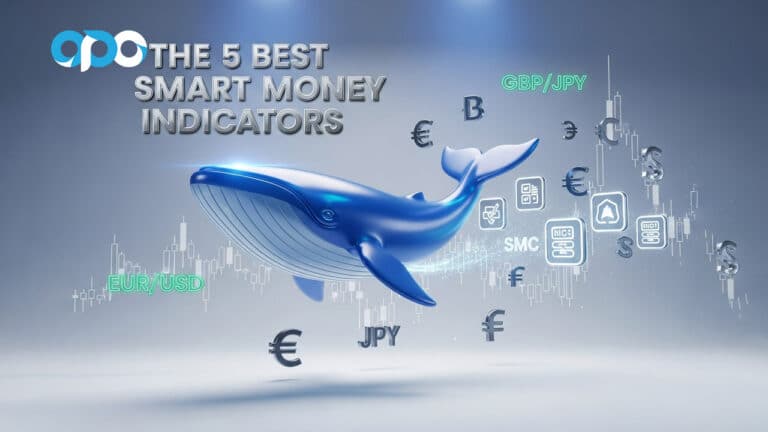The forex market, also known as the foreign exchange market, is globally recognized as the largest and most liquid financial market, facilitating daily currency transactions exceeding $6 trillion. This immense volume underscores its pivotal role in global commerce and finance. For participants, from individual traders to multinational corporations, understanding the geopolitical factors influencing forex trading is essential. Partnering with a regulated forex broker can provide added security and trust in navigating this dynamic market.

Global economies are deeply interconnected, forming intricate networks of trade, investment, and financial ties. Events occurring in one region can swiftly and profoundly impact currency values worldwide. Geopolitical events, especially, can trigger sudden and significant fluctuations in currency valuations. These events encompass trade disputes, political instability, military conflicts, and global health crises, among others.
Geopolitical events influence forex markets by shaping investor sentiment, disrupting economic activities, and prompting responses from central banks. Their unfolding often introduces uncertainty, thereby increasing market volatility. Traders must remain vigilant and well-informed about these events to navigate the forex market effectively and manage associated risks proactively.
Types of Geopolitical Risks Affecting Forex
Trade Wars and Sanctions
Trade wars occur when countries impose tariffs or other trade barriers on each other, aiming to protect domestic industries or retaliate against perceived unfair trade practices. Sanctions, on the other hand, are punitive measures taken by one country against another to influence its behavior, often for political or security reasons. Both trade wars and sanctions can have significant impacts on forex markets.
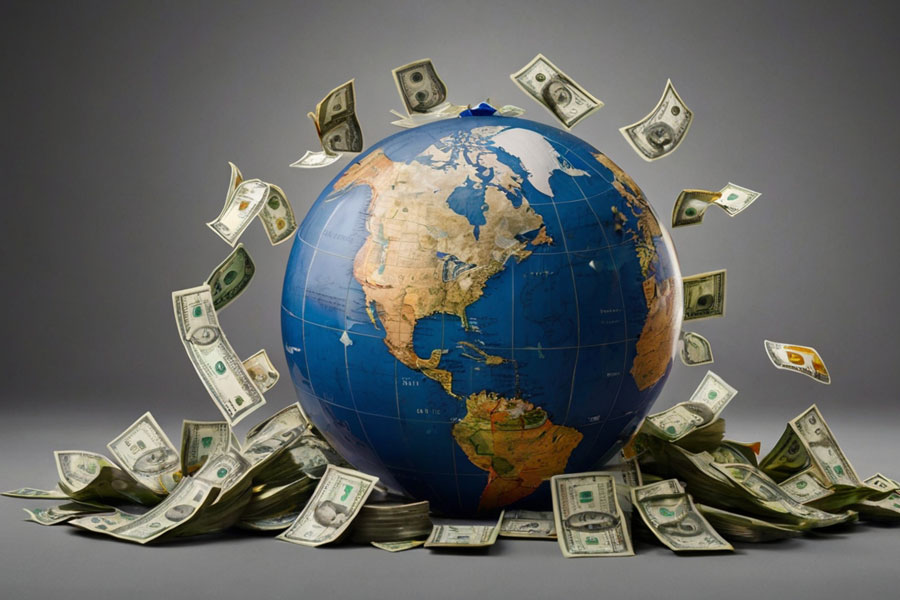
Impact on Economic Activity and Investor Confidence
Trade wars can disrupt global supply chains, increase production costs, and reduce international trade volumes. These disruptions can slow economic growth, leading to currency depreciation for the countries involved. For example, the US-China trade war, which began in 2018, led to increased volatility in the forex market. The imposition of tariffs by both countries created uncertainty about global trade, causing fluctuations in the Chinese yuan and other related currencies.
Sanctions can also have severe economic consequences. For instance, sanctions imposed on Iran by the US and other countries have significantly impacted Iran’s economy, leading to a sharp depreciation of the Iranian rial. Investors tend to avoid currencies of countries under heavy sanctions, further exacerbating the depreciation.
Political Instability and Regime Changes
Political instability can arise from government crises, elections, coups, or mass protests. Regime changes, whether through democratic elections or more abrupt means like coups, can create uncertainty about a country’s future policies, including economic and foreign policies.
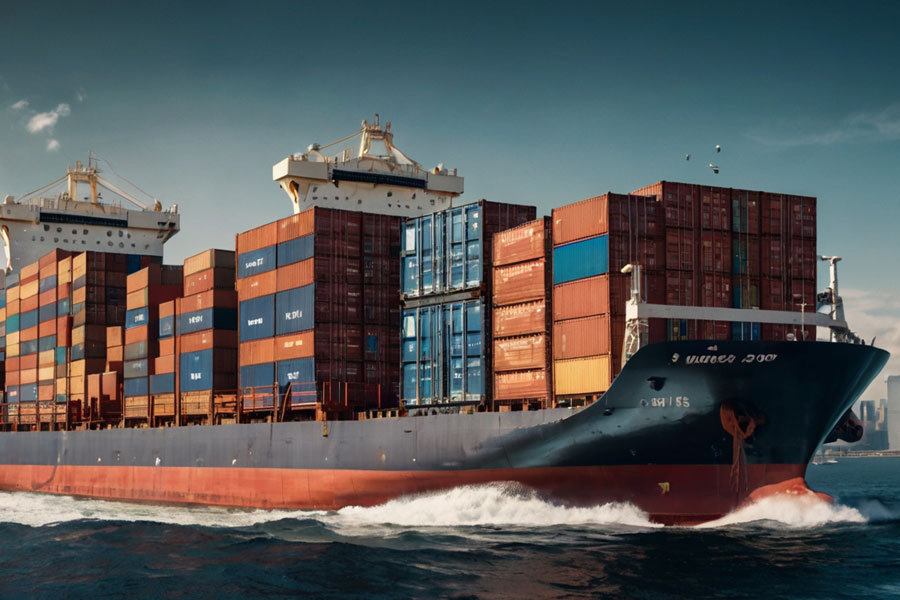
Impact on Economic Activity and Investor Confidence
Political instability can erode investor confidence, leading to capital flight and currency depreciation. For example, the Brexit referendum in 2016 caused significant volatility in the British pound. The uncertainty surrounding the UK’s future relationship with the EU led to a loss of investor confidence, causing the pound to plummet against major currencies.
Similarly, regime changes can lead to shifts in economic policies that affect currency values. The election of a new government with a radically different economic agenda can cause uncertainty and volatility in the forex market. For instance, the election of a populist government in Italy in 2018 raised concerns about the country’s fiscal policies, leading to fluctuations in the euro.
Read More: Trading in Forex
Wars and Military Conflicts
Military conflicts can have devastating economic effects, including disrupting trade, damaging infrastructure, and displacing populations. These disruptions can lead to significant currency devaluation for the countries involved.
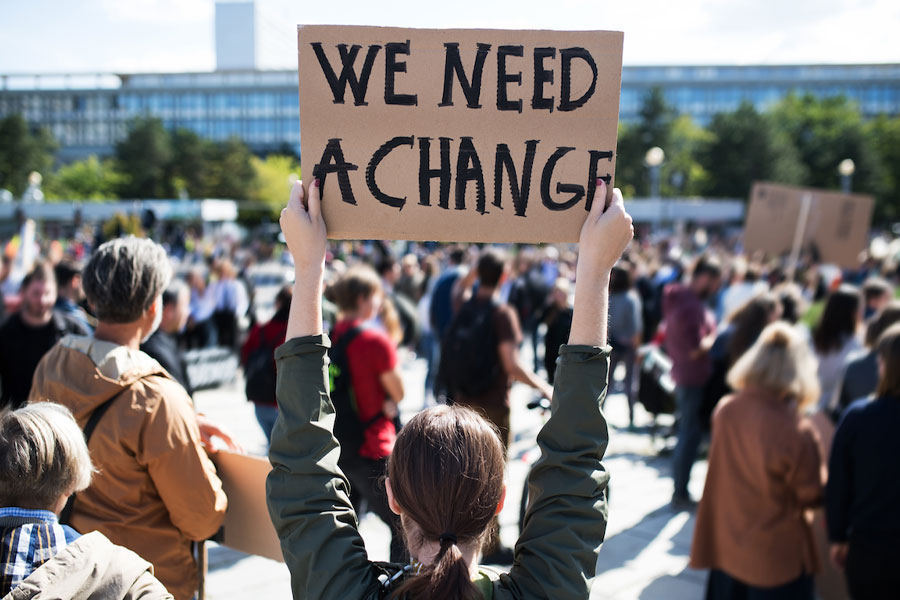
Impact on Economic Activity and Investor Confidence
Wars and military conflicts create a high degree of uncertainty, leading to risk aversion among investors. For example, the ongoing conflict in Syria has had severe economic consequences, leading to a collapse in the value of the Syrian pound. The war has disrupted trade, damaged infrastructure, and caused significant population displacement, all contributing to the currency’s devaluation.
Military conflicts can also affect currencies of neighboring countries and those with significant economic ties to the conflict zone. Investors tend to move their capital to safer markets, causing currencies in affected regions to depreciate.
Global Health Crises and Pandemics
Global health crises, such as the COVID-19 pandemic, can cause widespread economic disruption. These events can lead to lockdowns, reduced economic activity, and increased uncertainty, affecting forex markets worldwide.
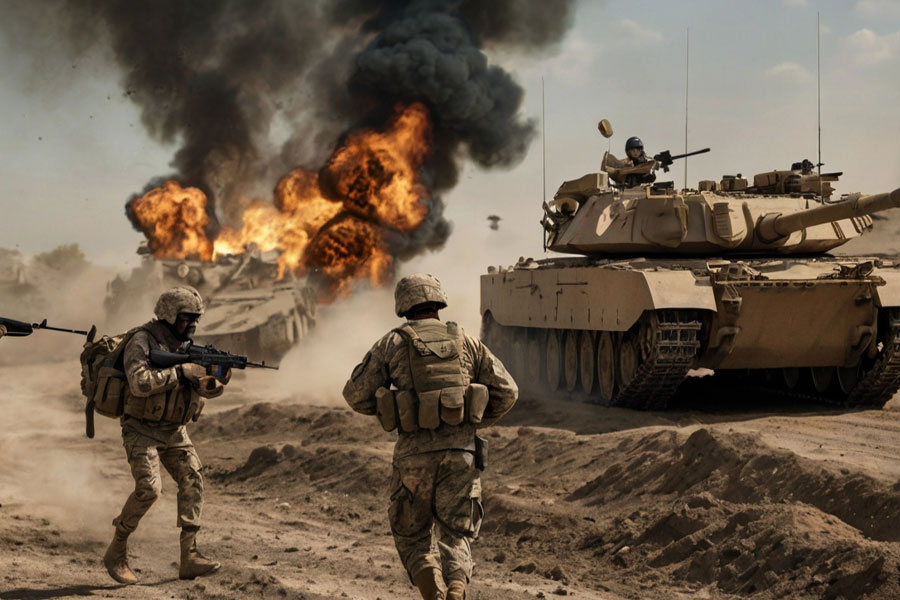
Impact on Economic Activity and Investor Confidence
The COVID-19 pandemic provides a recent and poignant example of how global health crises can impact forex markets. The pandemic led to unprecedented economic disruptions as countries implemented lockdowns and other measures to contain the virus. This resulted in reduced economic activity and increased uncertainty, causing significant volatility in the forex market.
Currencies of countries with strong healthcare systems and robust economic responses fared better than those with less effective responses. For instance, the US dollar initially strengthened as investors sought a safe-haven currency amid the uncertainty. However, as the pandemic’s economic impact became apparent, the dollar experienced fluctuations based on changing investor sentiment and economic data.
Mechanisms of Geopolitical Impact
Geopolitical events affect forex markets through various mechanisms. Understanding these mechanisms is essential for traders to anticipate and respond to market movements effectively.
Risk Aversion
Geopolitical events often increase uncertainty and risk aversion among investors. During periods of heightened uncertainty, investors tend to seek safe-haven currencies such as the US dollar, Japanese yen, and Swiss franc. This flight to safety can lead to appreciation in these currencies while depreciating riskier currencies.
Safe-Haven Currencies
Safe-haven currencies are considered stable and reliable during times of uncertainty. The US dollar is often viewed as the ultimate safe-haven currency due to the size and stability of the US economy. The Japanese yen and Swiss franc are also considered safe-haven currencies because of Japan’s and Switzerland’s stable political and economic environments.
During geopolitical crises, investors tend to sell riskier assets and move their capital into safe-haven currencies. This increased demand for safe-haven currencies leads to their appreciation. For example, during the early stages of the COVID-19 pandemic, the US dollar strengthened as investors sought a safe-haven asset amid the global uncertainty.
Economic Disruptions
Geopolitical events can disrupt trade flows, supply chains, and investment, impacting a country’s economic outlook and currency value. For example, sanctions can limit a country’s access to global markets, reducing exports and economic growth, leading to currency depreciation.

Trade Disruptions
Trade disruptions can have a significant impact on a country’s economy and currency value. When trade barriers are imposed, the affected country may experience reduced export revenues, leading to slower economic growth. This, in turn, can cause the country’s currency to depreciate.
For instance, the US-China trade war led to disruptions in global supply chains, increasing production costs for many industries. These disruptions negatively affected economic growth in both countries, causing fluctuations in their respective currencies.
Read More: Sentiment Analysis in Forex
Investment Disruptions
Geopolitical events can also affect foreign direct investment (FDI) and portfolio investment flows. Uncertainty caused by political instability or military conflicts can deter investors, leading to capital flight and currency depreciation.
For example, during the political crisis in Turkey in 2016, foreign investors pulled out their investments due to concerns about the country’s stability. This led to a sharp depreciation of the Turkish lira.
Interest Rate Changes
Central banks may adjust interest rates in response to geopolitical events to stabilize their economies. For instance, during a political crisis, a central bank might lower interest rates to stimulate economic activity. These interest rate changes can influence currency valuations, as higher interest rates typically attract foreign investment, leading to currency appreciation.
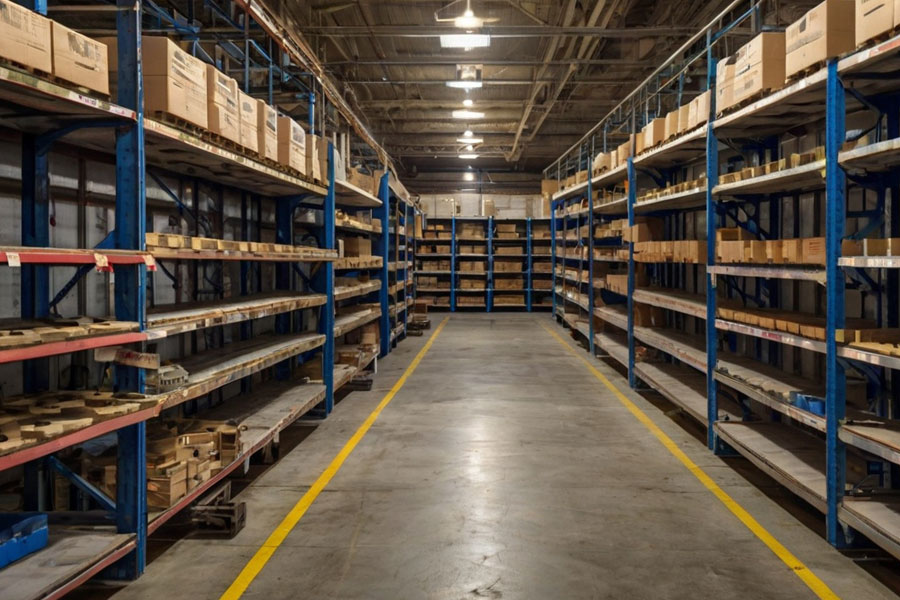
Central Bank Responses
Central banks play a crucial role in managing the economic impact of geopolitical events. They use monetary policy tools, such as interest rate adjustments and quantitative easing, to stabilize their economies and maintain investor confidence.
During periods of geopolitical uncertainty, central banks may lower interest rates to support economic growth. Lower interest rates make borrowing cheaper, encouraging spending and investment. However, lower interest rates can also lead to currency depreciation, as investors seek higher returns elsewhere.
Conversely, central banks may raise interest rates to combat inflation or stabilize their currencies. Higher interest rates can attract foreign investment, leading to currency appreciation. For example, during the European sovereign debt crisis, the European Central Bank raised interest rates to combat inflation and stabilize the euro.
Trading with Geopolitical Events
Trading forex during periods of geopolitical uncertainty presents both opportunities and risks. Here are some strategies for managing forex trades in volatile markets:
Potential Benefits and Risks
Geopolitical events can create trading opportunities due to increased volatility. Traders can potentially profit from significant currency movements. However, these events also pose risks, as sudden market shifts can lead to substantial losses. It is essential to balance the potential rewards with the inherent risks of trading during such periods.
Benefits
- Increased Volatility: Geopolitical events often lead to increased market volatility, creating opportunities for traders to profit from significant currency movements.
- Trend Identification: Geopolitical events can create new market trends, providing traders with opportunities to identify and capitalize on emerging trends.
- Diversification: Geopolitical events can affect different currencies in various ways, providing opportunities for portfolio diversification.
Risks
- Uncertainty: Geopolitical events create uncertainty, making it challenging to predict market movements accurately.
- Sudden Market Shifts: Geopolitical events can lead to sudden and significant market shifts, resulting in substantial losses for unprepared traders.
- Policy Responses: Central banks and governments may respond to geopolitical events with policy changes, adding another layer of complexity to trading decisions.
Risk Management Strategies
Effective risk management is crucial when trading during geopolitical events. Traders should consider using stop-loss orders to limit potential losses and diversify their portfolios to reduce risk exposure. Additionally, maintaining a disciplined approach and avoiding over-leveraging can help mitigate risks.
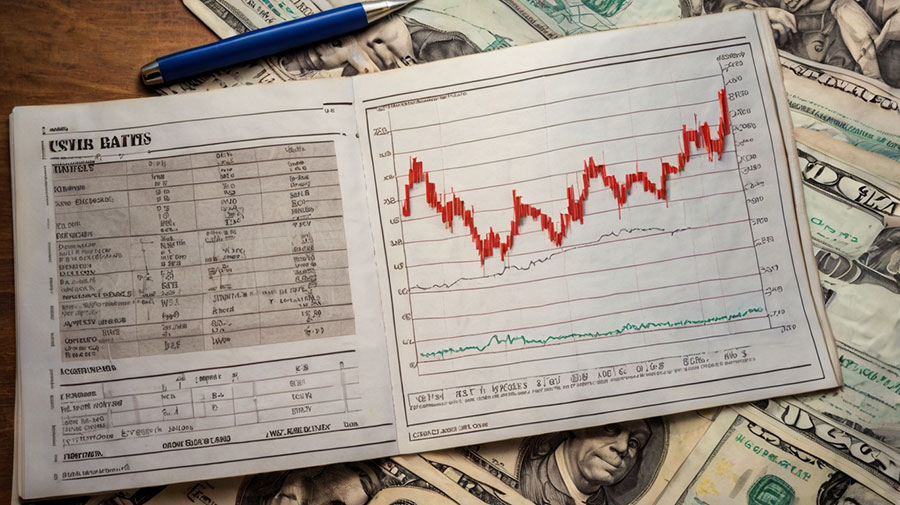
Stop-Loss Orders
Stop-loss orders are essential tools for managing risk in volatile markets. By setting a stop-loss order, traders can automatically sell a position when the price reaches a predetermined level, limiting potential losses.
Diversification
Diversifying a portfolio can help reduce risk exposure during geopolitical events. By holding a mix of currencies and assets, traders can mitigate the impact of any single event on their overall portfolio.
Disciplined Approach
Maintaining a disciplined approach to trading is crucial during periods of geopolitical uncertainty. Traders should avoid making impulsive decisions based on emotions and focus on their long-term trading strategy.
Avoiding Over-Leveraging
Over-leveraging can amplify losses during periods of market volatility. Traders should avoid excessive leverage and ensure they have sufficient capital to withstand potential market fluctuations.
Staying Informed
Staying informed about global events is vital for forex traders. Regularly monitoring news and geopolitical developments can provide valuable insights into potential market movements. Traders should consider using economic calendars, news feeds, and expert analysis to stay updated.
Economic Calendars
Economic calendars provide a schedule of upcoming economic events, such as central bank meetings, economic data releases, and geopolitical events. By monitoring economic calendars, traders can anticipate potential market movements and adjust their strategies accordingly.
News Feeds
News feeds provide real-time updates on global events and market developments. Traders can use news feeds to stay informed about breaking news and geopolitical events that may impact the forex market.
Expert Analysis
Expert analysis can provide valuable insights into the potential impact of geopolitical events on currency values. Traders should consider following analysts and economists who specialize in geopolitical and macroeconomic analysis.
Conducting Thorough Research
Conducting thorough research is essential for understanding the potential impact of geopolitical events on currency values. Traders should analyze historical data, economic indicators, and expert opinions to make informed trading decisions.
Historical Data
Analyzing historical data can help traders understand how similar geopolitical events have impacted currency values in the past. By studying historical trends, traders can gain insights into potential future market movements.
Economic Indicators
Economic indicators, such as GDP growth, inflation rates, and employment data, can provide valuable information about a country’s economic health. Traders should monitor these indicators to assess the potential impact of geopolitical events on currency values.
Expert Opinions
Expert opinions can provide additional insights into the potential impact of geopolitical events on the forex market. Traders should consider following analysts and economists who specialize in geopolitical and macroeconomic analysis.
Tips on Trading During Geopolitical Events
Here are some additional tips for trading during geopolitical events:
Diversify Your Portfolio
Diversifying your portfolio can help mitigate risks associated with geopolitical events. By holding a mix of currencies and assets, traders can reduce their exposure to any single event’s impact.
Use Technical Analysis
Technical analysis can complement fundamental analysis by identifying trends and potential entry and exit points. Using technical indicators can help traders make informed decisions during volatile periods.
Maintain Flexibility
Maintaining flexibility in trading strategies is crucial during geopolitical events. Traders should be prepared to adapt their strategies based on changing market conditions and new information.
Set Realistic Goals
Setting realistic trading goals can help manage expectations and reduce stress. Traders should focus on consistent, long-term success rather than attempting to make quick profits from volatile market movements.
Conclusion
The impact of geopolitical factors on forex trading cannot be overstated. Geopolitical events can cause significant currency fluctuations, creating both opportunities and risks for traders. By staying informed, conducting thorough research, and implementing effective risk management strategies, traders can navigate the complexities of the forex market during periods of geopolitical uncertainty. It is essential to remain adaptable and vigilant, continuously monitoring global developments to make informed trading decisions.
How do geopolitical events affect forex trading?
Geopolitical events affect forex trading by causing uncertainty and influencing investor sentiment. These events can lead to significant currency fluctuations due to changes in economic outlooks, trade flows, and central bank policies.
What are safe-haven currencies, and why are they important during geopolitical events?
Safe-haven currencies, such as the US dollar, Japanese yen, and Swiss franc, are considered stable and less risky during times of uncertainty. Investors flock to these currencies during geopolitical events to protect their investments, leading to their appreciation.
How can traders stay informed about geopolitical events?
Traders can stay informed about geopolitical events by monitoring news sources, economic calendars, and expert analysis. Regularly following updates and conducting research can help traders anticipate market movements and make informed decisions.
What is the role of central banks during geopolitical events?
Central banks play a crucial role during geopolitical events by adjusting monetary policies to stabilize their economies. Interest rate changes by central banks can influence currency valuations and impact forex trading.
How can traders manage risks during periods of geopolitical uncertainty?
Traders can manage risks during geopolitical uncertainty by using stop-loss orders, diversifying their portfolios, avoiding over-leveraging, and maintaining a disciplined approach to trading.
What are the potential benefits of trading forex during geopolitical events?
Trading forex during geopolitical events can offer potential benefits due to increased volatility, providing opportunities for significant profits. However, traders must balance these potential rewards with the inherent risks of trading in volatile markets.



